30 October 2025
By reprogramming a patient’s own immune cells to recognise and destroy cancer, CAR T-cell therapy is a uniquely personalised cancer treatment. At the Malaghan, researchers are working to expand the application of this innovative therapy and make it accessible for all New Zealanders.

As part of that effort, PhD student Danielle Sword (Muaūpoko, Ngāi Tara, Te Ātiawa, Ngāti Toa Rangatira and Kāi Tahu) is exploring how CAR T-cell therapy can be advanced to treat more types of cancer, while being developed in ways that are clinically safe and culturally grounded for Māori patients and their whānau.
Currently, CAR T-cell treatments use a single ‘CAR’ to target a specific protein on blood cancer cells. Dani’s research is investigating dual CAR T-cells, which contain two receptors – allowing the therapy to recognise and attack cancer cells using two targets instead of one. This dual-target approach could make CAR T-cell therapy more effective at completely eradicating cancer and open the door to treating additional cancers such as multiple myeloma.

Danielle Sword
“Dual CAR T-cells reprogramme patient immune cells to find and destroy cancer cells using two targets instead of one,” says Dani. “Not only could this make CAR T therapies more effective at eradicating all of a patient’s cancer, but it may allow us to apply them to other cancer types that we’re not currently exploring.”
While technical advances are expanding what CAR T-cell therapy can do, equitable access remains crucial. Māori cancer outcomes remain worse than those of non-Māori across many measures, from earlier onset of disease to survival rates. Dani’s work recognises that new therapies alone will not close these gaps unless they are accessible and delivered in ways that respect Māori worldviews and practices.
Part of her research focuses on how the design and delivery of CAR T-cell therapy in Aotearoa can reflect tikanga Māori (customary practices and values) and mātauranga Māori (Māori knowledge systems). By embedding tikanga from the start, in the lab as well as in the clinic, Dani’s work offers a model for how precision medicine can also be culturally precise.
“An objective of my thesis is to understand Māori perspectives of CAR T-cell therapy and develop tikanga in the manufacturing and service delivery processes,” says Dani, who has been gathering information from Māori patients and whānau. “I hope this research and the wider project my thesis sits within produce a landscape for CAR T-cell therapy manufacture and delivery that is safe both in a clinical sense and a cultural sense.”
Dani says one of the biggest challenges in her research is balancing the different knowledge systems she’s drawing on. Investigating CAR T-cell therapy in Aotearoa with a focus on its impact for Māori patients and whānau means using very different methods.
"I hope this research and the wider project my thesis sits within produce a landscape for CAR T-cell therapy manufacture and delivery that is safe both in a clinical sense and a cultural sense”
“One day I’m in the lab growing cells to make CAR T-cells, the next I’m reading about how tikanga Māori has been applied to address tapu (things that are sacred, like a person’s cells). Sometimes I do both in the same day. It’s about weaving these worlds together, so the biomedical science and mātauranga Māori are equally strong, but most importantly that the work being done with our whānau either in the laboratory or in the community is tika (right).”
Now in the third year of her PhD, co-hosted by the University of Otago and Whakauae Research Services, Dani hopes her thesis will contribute to a future clinical trial of CAR T-cell therapy for multiple myeloma that is both medically and culturally safe. Longer term, she dreams of establishing an iwi-led health research centre that combines biomedical-laboratory science and mātauranga to improve cancer outcomes for Māori.
“By developing a tikanga Māoriinformed cancer therapy, I hope we will see our patients and in particular our whānau Māori that come through the cancer care pathway empowered and kept safe throughout the therapy and their cancer journey.”
Related articles
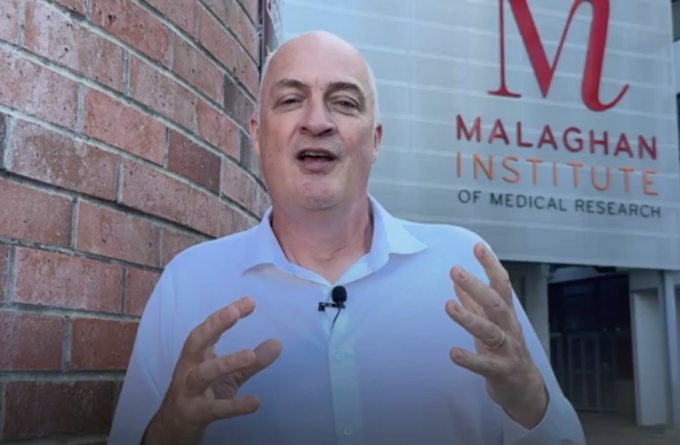
CAR T-cell therapy: 5-part video series
25 February 2026
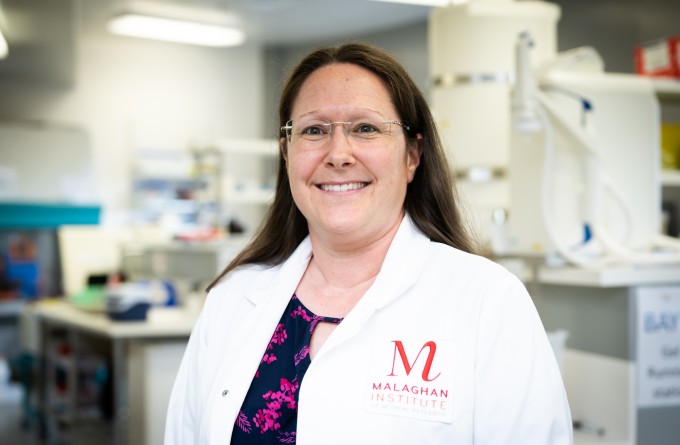
Momentum is everything: advancing CAR T-cell research for future trials and treatments
25 February 2026

A ground-breaking cancer treatment is within reach – but only if New Zealand acts now
12 February 2026
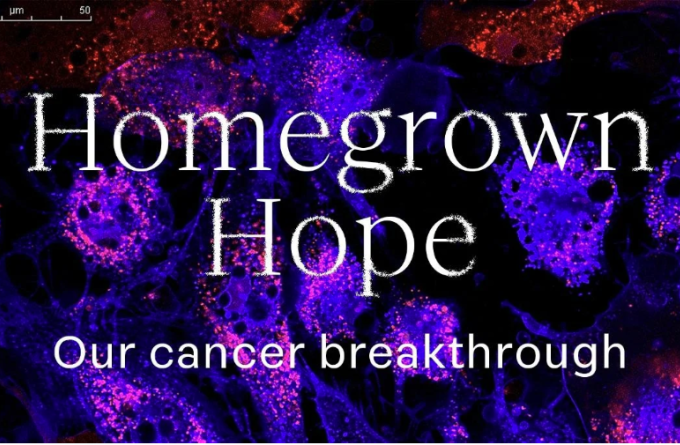
Homegrown Hope - Stuff's series on CAR T-cell therapy
11 February 2026
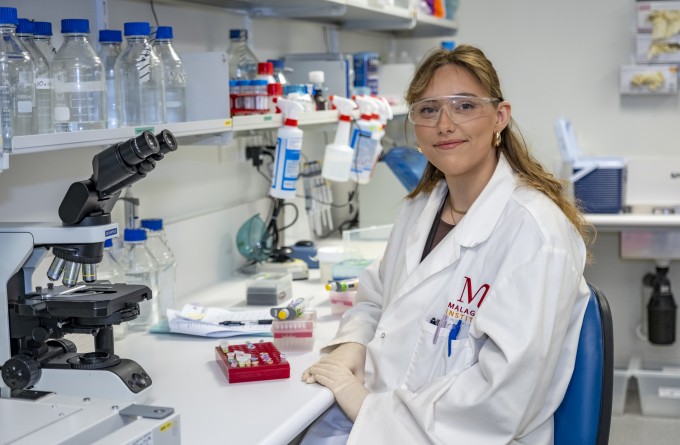
Tracking the journey of the shapeshifting bacteria behind stomach cancer
19 November 2025
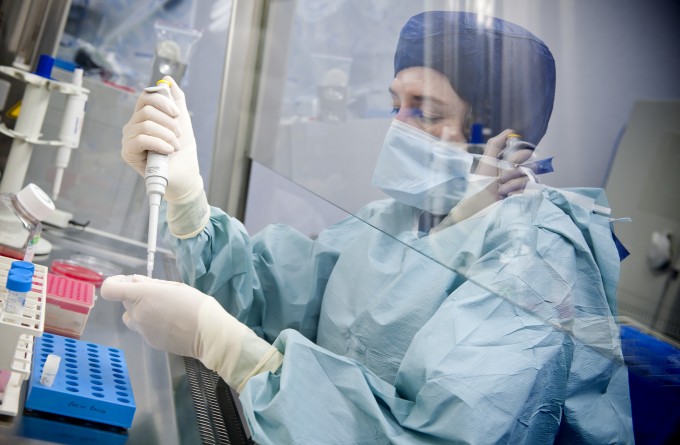
Celebrating milestones in bringing life-saving cell therapies to New Zealand
12 November 2025
